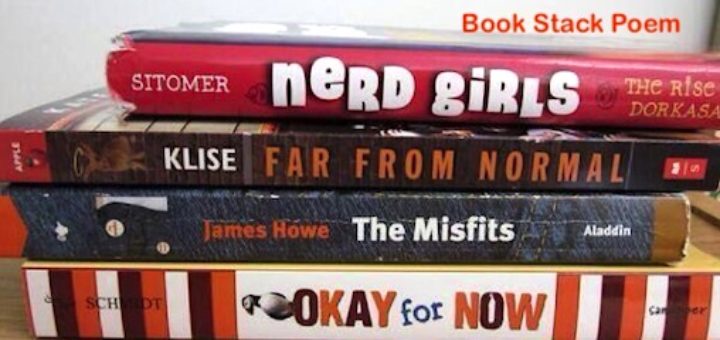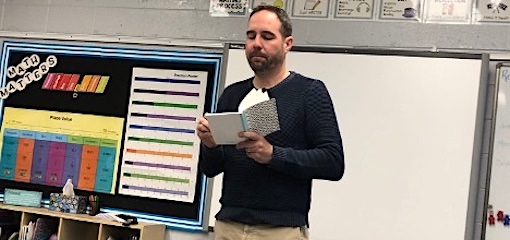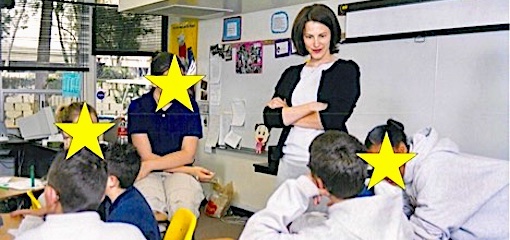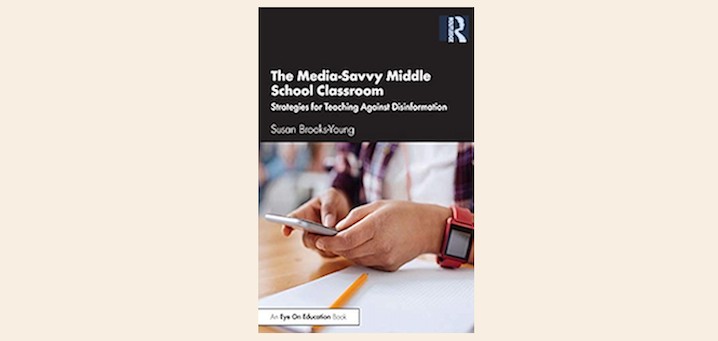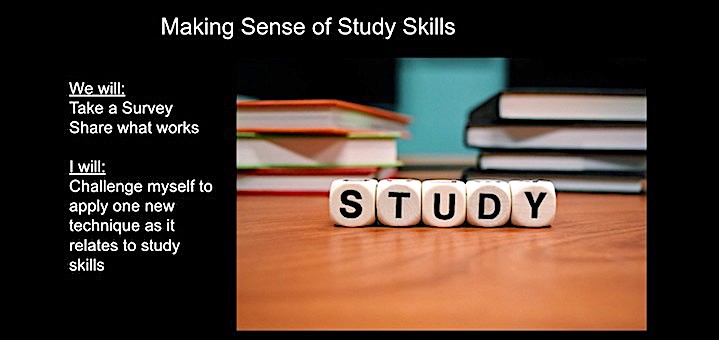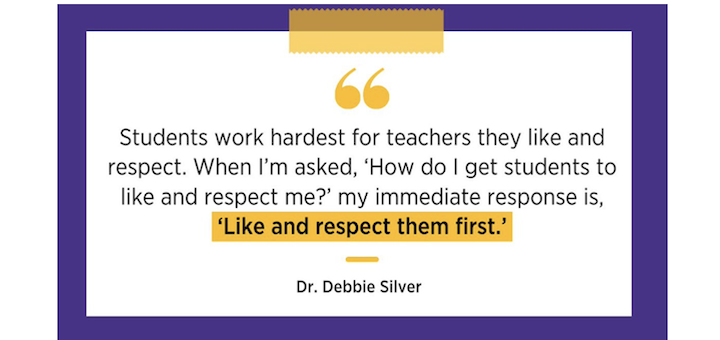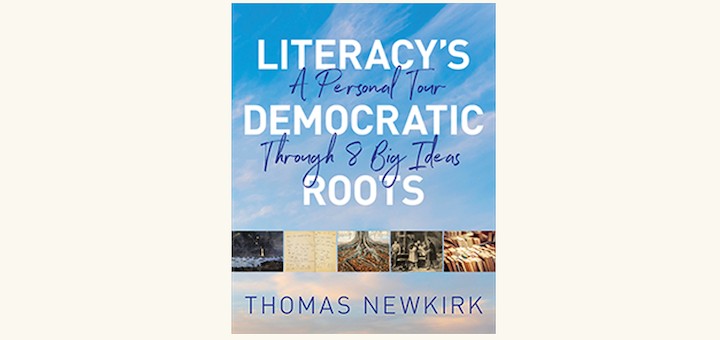Teaching and learning in grades 4-8
National Poetry Month is here! If you’re once again rushing to pull together some poetry lessons – or perhaps feeling a bit guilty because you’ve put poetry aside in favor of more high-stakes ELA topics – take a look at these easy-to-use resources.
During this reading activity, partners think out loud, supported by active listening, to deepen their individual and shared understandings. Rather than reading without focus, this strategy teaches students to attend to their reading by stopping to “say something” at intervals.
Recognizing the gap between formal curriculum standards and the emotional and organizational hurdles of writing, Matt Renwick shares some of his ideas for student-centered strategies that acknowledge these challenges and equip students with tools they need to overcome them.
Stephanie Farley was a reluctant adventurer 30 years ago when she took a teaching job “until something better” came along. To her surprise, she discovered a career that has given her the gifts of meaning, mastery and connection – “a powerfully engaging, ever-evolving vocation.”
While making sure middle school students are media savvy is critical and the ideas in The Media-Savvy Middle School Classroom are supported by solid theory, educator Megan Balduf finds some lesson plans too esoteric for the middle school classroom and a packed ELA curriculum.
Academic success relies on students taking charge of their learning. To achieve that goal, kids must learn to organize and study effectively. G/T Facilitator Sharon Ratliff shares strategies she uses to introduce and implant essential study skills in the middle school years.
All students can learn how to pick up the pieces after they face adversity, disappointment, loss, or trauma and go on. They need our guidance to find healthy ways to move forward. Debbie Silver offers six strategies educators can use to create classrooms that foster resiliency.
Marilyn Pryle’s five crucial questions help students become critical readers in the Age of Disinformation as they learn to look more deeply into any text, in any form, and see the influences around it, the voices and sponsors, the craft and rhetoric, the intent and message.
In Literacy’s Democratic Roots: A Personal Tour Through 8 Big Ideas, Thomas Newkirk brings his enormous experience and wisdom from writing and teaching over many decades to his exploration of the connections between literacy education and democracy, writes Laurie Miller Hornik.
When we have students watch us write in our teacher notebooks about what we’re reading, we not only share our expectations for their notebook-keeping, we give them a mental model for writing critically and analytically about what they read, says literacy leader Laura Robb.

